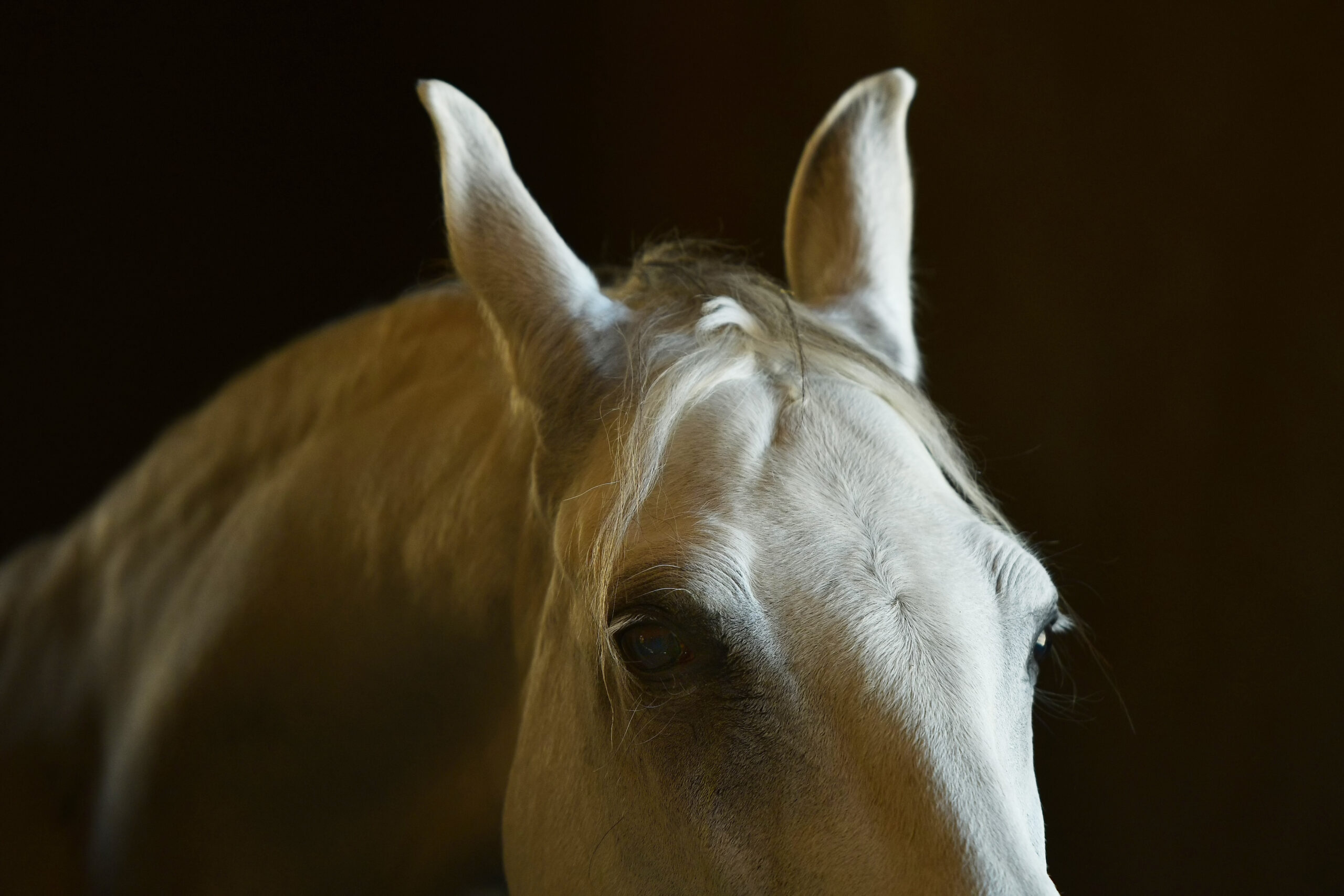Understanding Mare vs. Gelding Behavior

When it comes to horse behavior, understanding the differences between mares and geldings is essential for owners, trainers, and enthusiasts. Both types of horses have unique behavioral traits influenced by their sex and hormonal makeup, which can affect training, handling, and daily care.
Introduction

Mares are adult female horses, while geldings are castrated male horses. These biological differences lead to distinct behavioral patterns that can impact their temperament, social interactions, and responsiveness.
Key Behavioral Differences
| Behavior Aspect | Mare | Gelding |
|---|---|---|
| Temperament | Can be more moody or sensitive | Generally calmer and more even-tempered |
| Social Behavior | May exhibit dominant or territorial behavior, especially during estrus | Typically more sociable and less aggressive |
| Training Response | May be more independent or stubborn at times | Often more focused and cooperative |
| Hormonal Influence | Estrous cycle affects mood and behavior | Hormones are reduced, leading to steadier behavior |
Detailed Behavioral Traits
Mares
- Mood Swings: Due to their estrous cycle, mares can experience fluctuations in mood and energy.
- Protectiveness: Mares may show strong maternal instincts and protectiveness.
- Dominance: They can be more territorial, especially around other mares.
Geldings
- Steady Temperament: Castration reduces testosterone, often resulting in a more predictable and calm demeanor.
- Sociability: Geldings tend to get along well with other horses and humans.
- Trainability: Their consistent behavior can make training easier.
Training Tips
- For Mares: Be patient during mood changes, use positive reinforcement, and understand their social dynamics.
- For Geldings: Leverage their steadiness, maintain consistent routines, and encourage social interaction.
FAQ
Q1: Can mares and geldings be kept together?
A: Yes, but it’s important to monitor their interactions, especially during the mare’s estrous cycle.
Q2: Are geldings easier to handle than mares?
A: Generally, geldings are considered easier due to their calmer nature, but individual personalities vary.
Q3: Does the behavior of mares change with seasons?
A: Yes, mares’ behavior can fluctuate with their reproductive cycle, which is influenced by seasonal changes.
Conclusion
Understanding the behavioral differences between mares and geldings helps in providing better care, improving training outcomes, and fostering harmonious equine relationships. Recognizing these traits allows owners to tailor their approach to each horse’s unique needs.
This article structure uses tables, lists, and FAQs to create an engaging and informative read that is optimized for SEO and user experience.